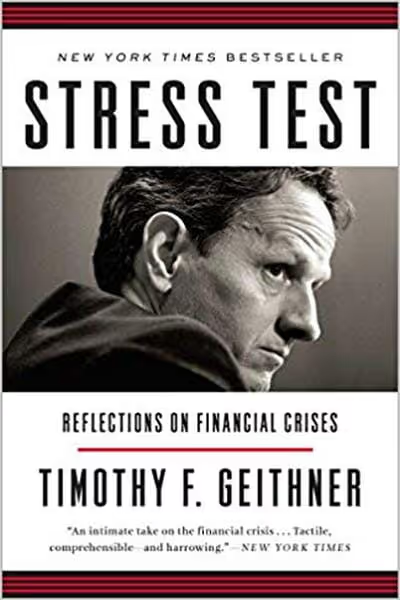Emergence of a Free Press
Leonard W. Levy's Legacy of Suppression so disturbed Supreme Court Justice Hugo L. Black that he called it "one of the mosts devastating blows that has been delivered against civil liberty for a long time."
Published in 1960, this book challenged the liberal interpretation of the First Amendment by claiming that the framers of the Constitution intended it only as a protection against the prior restraint of a publication. It was not, Levy vehemently argued, meant to be used as a defense in seditious libel cases. In other words, freedom of the press meant that a publisher had the freedom to publish, but not without impunity.
In Emergence of Free Press, Levy rethinks many of the controversial opinions put forth in the original work. A revised and enlarged edition of the first volume, it offers a more moderate view of the rights guaranteed by the First Amendment. Based on extensive additional research, especially on the newspapers published in Revolutionary America, Levy now concedes that the original interpretation of the First Amendment, even if it wasn't the framer's intention, was broad in scope. "That so many courageous and irresponsible editors risked imprisonment amazes me." he writes. Though he holds to his belief in the writers' intention, he concludes that we don't have to be limited by their narrow view.






















































